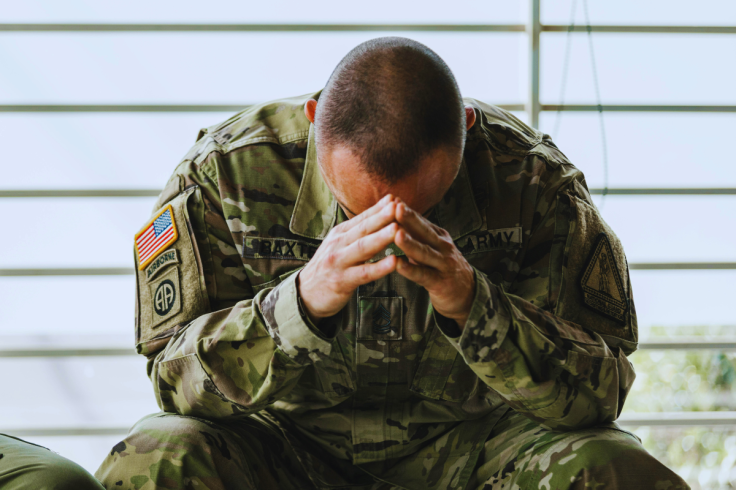Why Did the Supreme Court Permit Trump's Ban on Transgender Troops, and What Does It Mean for Military Inclusivity?
The Supreme Court's 6-3 decision reinstated Trump's 2019 ban, citing national security and unit cohesion concerns.

The United States Supreme Court upheld President Trump's ban on transgender individuals serving openly in the military on 6 May 2025, reversing a 2021 Biden policy, according to The New York Times.
This decision affects 15,000 active transgender troops and could cost £750 million ($1 billion) in recruitment and training losses. With 1.3 million active-duty personnel, the military faces new questions about diversity.
Why did the court rule this way, and what are the consequences? Let's explore the impact.
Court Ruling Shakes Military Policy
The Supreme Court's 6-3 decision reinstated Trump's 2019 ban, citing national security and unit cohesion concerns. The policy bars transgender individuals from serving unless they suppress their gender identity, impacting recruitment and retention.
CNN highlights the Pentagon's claim that transgender healthcare costs, estimated at £357 million ($477 million) annually, strain budgets. A significant portion of Americans supports military service based on merit, aligning with the court's rationale.
Legal challenges persisted since 2019, with lower courts blocking the ban until this ruling. The decision fits Trump's broader effort to restrict transgender rights, affecting 1.4 million transgender adults nationwide.
The military's £300 billion ($400 billion) 2025 budget now prioritizes other areas, potentially weakening readiness as diversity programs decline.
Transgender Troops Face Uncertain Future
The ban's reinstatement disrupts lives and careers. Approximately 15,000 transgender troops, including 2,000 in combat roles, may face discharge or restricted duties by 31 December 2025, based on Pentagon estimates.
The Guardian notes healthcare access, averaging £15,000 ($20,000) per soldier for transitions, will be limited, forcing many to pay privately. Social media posts on X from 7 May 2025 express widespread concern over discrimination.
The policy contrasts with 20 allied nations, like Canada and the UK, allowing open transgender service. The UK's 250,000-strong military reports no issues with inclusive policies. The US ban could deter potential recruits from marginalized groups, worsening the military's annual recruitment shortfall of 25,000.
Military Inclusivity Takes Major Hit
The ruling signals a retreat from diversity. The Pentagon's 2021 inclusivity reforms, costing £75 million ($100 million), aimed to boost morale and retention. Many troops from minority groups now report lower trust in leadership, with mental health costs, already £150 million ($200 million) yearly, likely to rise as identity suppression grows.
The ban undermines efforts to foster unity. Allies voice concern. The EU, with 1.9 million troops across member states, emphasizes inclusivity, according to NATO data. The US risks straining partnerships, with many NATO missions relying on diverse coalitions.
Trump's £37.5 billion ($50 billion) 2025 defence diversity cut could further erode global standing, especially as China's 2 million-strong military expands influence.
Ruling Threatens Military's Future Strength
The Supreme Court's approval of Trump's transgender troop ban marks a setback for military inclusivity, impacting 15,000 soldiers and recruitment. Costly discharges and diversity cuts weaken readiness and global alliances.
UK and NATO partners urge reversal, but Trump's policy persists. With morale and trust declining, the US military faces a critical moment: can it adapt to a diverse world or lose its edge?
Persistent exclusion risks alienating talent, lowering enlistments, and diminishing America's standing as a leader in inclusive military practices worldwide.
Ongoing restrictions could fracture unit cohesion, deter future recruits, and undermine US influence in global defence partnerships. Reversing this ban is vital to restore unity and strength.
© Copyright IBTimes 2025. All rights reserved.


















